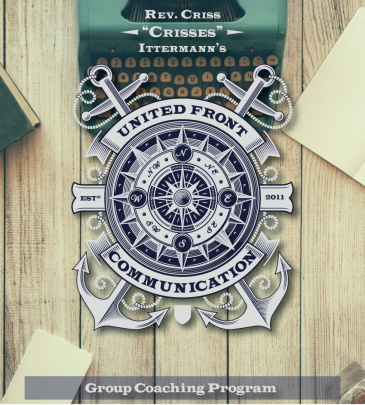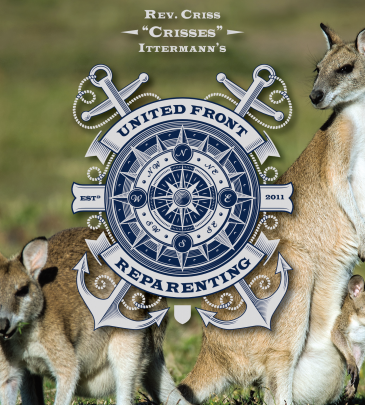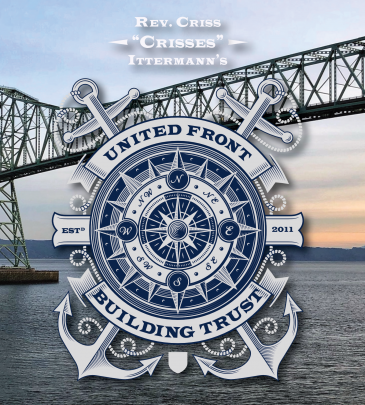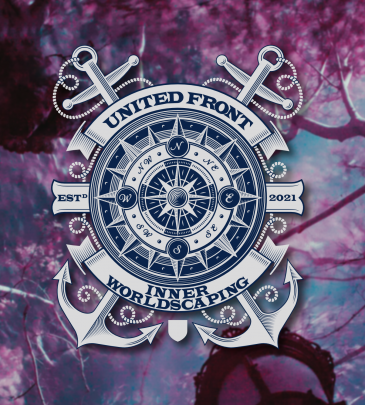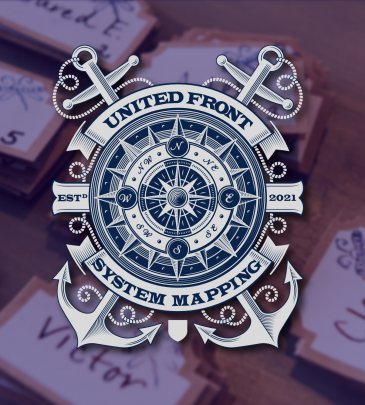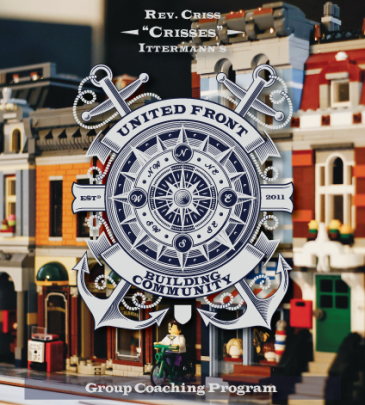United Front: System Safety Plan Course
- All Courses, Featured, For Plurals, General
- 1035 (Registered)
-
(3 Reviews)
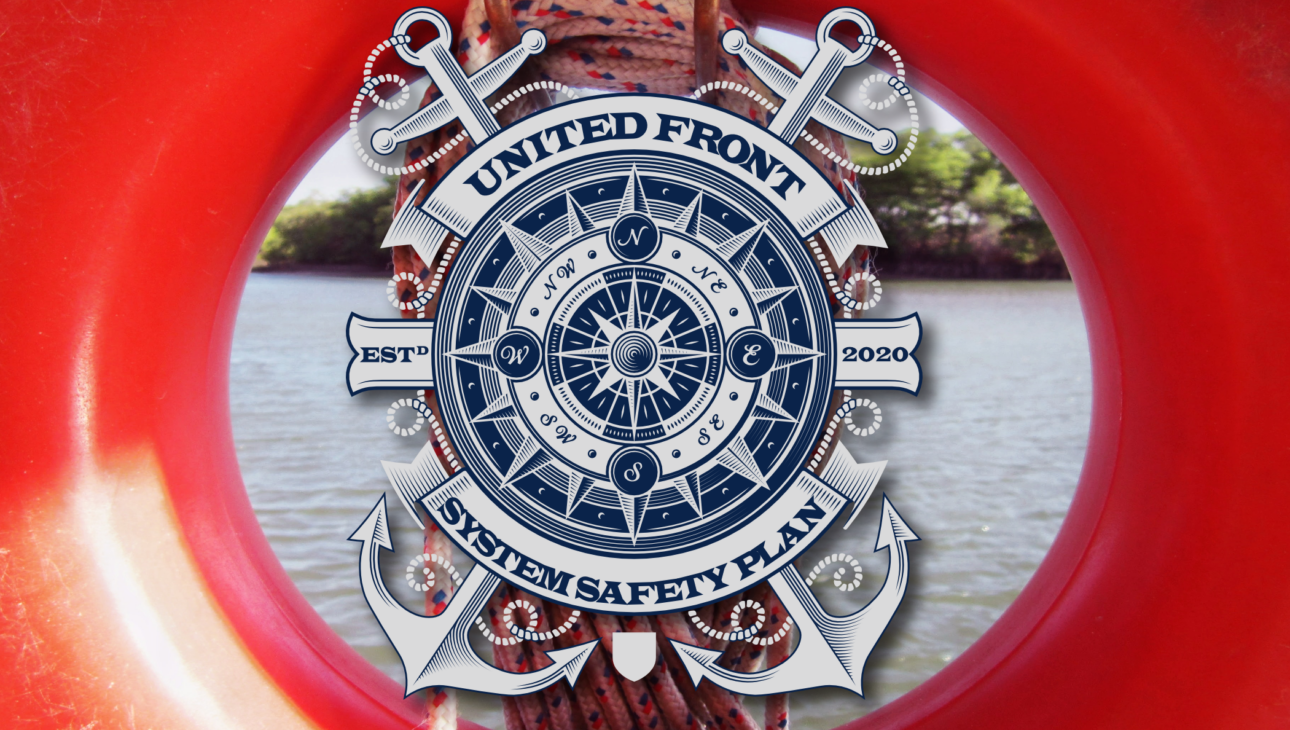
“Safety Plan” is something of a misnomer, but it’s generally what therapists will say you need. This is an emotional regulation or stress regulation plan that helps you monitor chronic symptoms (mental health issues, physical issues, pain, autoimmune, allergies, etc.) and track ideas for what you can do and what works to help regulate, stabilize, and deescalate your symptoms.
In short: it’s a plan for how to come back to baseline whenever your symptoms start to escalate.
Creating your& safety plan will help you organize symptoms and self-care activities into broad categories — the goal is to help y’all track symptoms, ideas for how to pull back from the brink of a crisis, or how to recognize when your& issues have gotten out of hand and you need some serious help.
One therapist said these should really be called “autonomic nervous system regulation plans” but that’s just way too bulky, right?
This is an entirely free course open to any plurals (or singular folk who aren’t afraid to dive into plural-centric instructions and modify to singular-appropriate language or exercises — SciFi, Trekkies & Star Wars fans should particularly enjoy our take on it) who wish to create a safety plan.
This is a stand-alone class — there are downloadable printables and documents y’all can fill in electronically, or you can use a notebook, journal, your own paper, etc. This course also works with the United Front: Ship’s Log Planner, which has a section for a portable version of your safety plan so that the information is at your fingertips when you need it.
Creating a safety plan is recovery-oriented work developed over the last 40-50 years of the consumer/survivor/ex-patient (C/S/X or “mental health peer”) movement. We did not “invent” this — we are massaging it, adding to it, translating it, and extending the singular-centric instructions to make much better sense to plural systems who are dedicated to working together towards a shared life &/or systems who are working together towards trauma work &/or unification. We have created additions for dealing with inner world issues and internal relationships, given relevant examples for plural & DID systems, and extended the prompts to make sense for plurals and include prompts about inner workings, etc.
This course is 100% compatible alongside standard/conventional therapy, and often therapists will encourage their clients to create a safety plan. We encourage therapists to share our self-led safety plan course with their clients.
We highly recommend a first “quick” run through the course and jotting immediate ideas down as they come to y’all. Perfectionism is rampant in the DID & plural community — and a safety plan is never “perfect” — you& may be “perfecting” your plan for months or years — because it’s describing factors related to an organic being, a ever-shifting, growing & hopefully healing internal system, the information in the plan will need to change & shift & grow with y’all. Trying to make exhaustive lists of symptoms may be triggering & bog folks down in the process of creating their plan. This is a good place to let perfectionism go. A safety plan is a living document or continual development tool; it can grow as y’all grow, change as y’all change — if you& tweak and fine-tune it.
Also, this course is great for group work. Therapists, peer specialists, group therapists, other coaches, etc. — y’all are welcome to ask your clients to work through the course, or to use our downloadable document and do group work with your& clients. Students can create their safety plan alongside other DID & plural systems in groups or with other support team members or buddies, with some suggestions or input from those who know you& best, or y’all can do this entirely on your& own. Overall, a safety plan is something for y’all to work on together to help y’all to leave instructions for anyone who fronts to help you& all be safer together.
This course only covers safety plans; stay tuned for a System Crisis Plan course later. This course will be a prerequisite for the System Crisis Plan course — as much of the work done in this course is imported (with tweaks) to your& System Crisis Plan.
For an overview of how our offerings weave into each other, and flowcharts to help pick where y’all would like to go next, see the United Front System Self-Help Flowchart/Decision Maker.
Other Reviews
I decided to take this course because I feel more convinced that I am plural. It was a very good course and gave me all the information to manage the complex nature of my inner world. Thank you so much for creating this course! — Anonymous Student
First of all, it’s amazing that this exists. Not only does it exist, though, it exists well. This course has helped us to safety plan better as a group. It also has helped us in communicating our system’s needs and wants to our therapist. We would highly recommend this to any system, especially those with known mental health concerns, history of hospitalizations, etc. Thank you so much, Crisses, for all of your hard work! — Anonymous Student
Curriculum
- 4 Sections
- 20 Lessons
- Lifetime
- Course Introduction & Prep MaterialsDownloadables, printables, introduction, preparation, etc.7
- All's Well BellWhat it looks like when everything is OK. How to stay well.4
- Preparing for the Tough StuffFrom less than stellar through downright dangerous; what the signs are, and what y'all plan to do about it.3
- Putting the Plan to UsePutting it all to use, and continual improvement.7
Instructor
We believe in inclusive community, and strong advocacy and support for struggling, disabled and stigmatized community members. We advocate for faster diagnosis, better therapies, adjunct & complementary offerings that can help boost the efficacy of recovery efforts on behalf of disordered, dysfunctional and struggling plural & DID systems. For our full background pertaining to creating courses on this site please see Instructor Background: The Crisses. We are an autistic, disabled, non-binary, gender-fluid, plural-identified quoigenic DID-diagnosed polyfragmented modular system with about 157+ system members of a wide variety of types. We are geeks, authors, content creators, instructors, healers, coaches, and mental health advocates. We have hEDS, CIDP, Reynaud's syndrome, several other related issues, and are transition opportunists. We live in upstate New York in the USA, and we moonlight as a pet sitter. For our full CV, please see https://Crisses.org.
